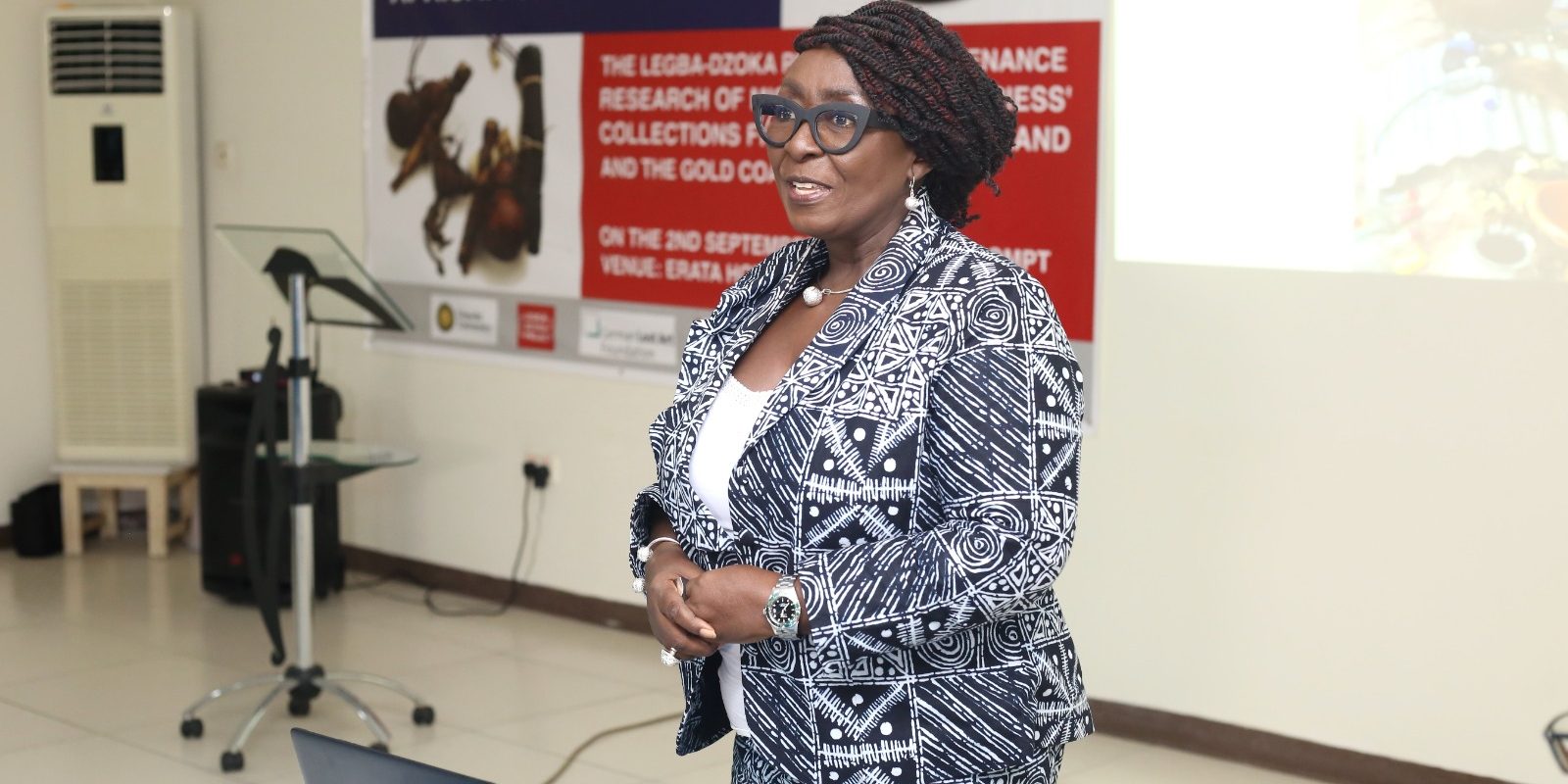A groundbreaking series of workshops held in Ho, Accra, and Lomé has united scholars, cultural leaders, and policymakers in a critical examination of the provenance and spiritual significance of sacred Ewe artefacts collected by German missionary Carl Spiess during the colonial era.
The workshops, organized under the Legba-Dzoka Project between August 29 and September 4, mark a major step in reconceptualizing African spirituality and reclaiming indigenous narratives around cultural heritage. The Spiess Collection, originating from present-day Ghana and Togo and currently housed in the Übersee-Museum in Bremen, was at the centre of discussions aimed at recontextualising these objects through African perspectives.
Led by a transnational team of African and European researchers, the project investigates the material, historical, and spiritual dimensions of artifacts linked to traditions such as Dzoha, Tra Vodu, and Legba Akpana. Early findings from fieldwork in the Volta Region highlighted enduring cultural practices and the deep symbolism attached to these sacred objects.
Ghana’s Minister of Tourism, Culture and Creative Arts, Hon. Abla Dzifa Gomashie, attended the Accra workshop and praised the initiative for its role in confronting colonial legacies. “This project is timely and crucial,” she stated, “as it helps clear misconceptions and validates the lived spiritual and cultural realities of our people.”
In addition to academic presentations, the workshops featured powerful reflections on cultural disconnection caused by modern education and imported religions. The Minister questioned societal double standards, why symbols like blood in Christian rites are respected, while African traditional practices are ridiculed. They called for a more tolerant society that respects all belief systems equally.
The Legba-Dzoka Project, led by Professor Kodzo Gavua, Associate Professor of Archaeology and Heritage Studies at the University of Ghana, Legon. also champions collaborative research and ethical museum practices, with growing calls for future exhibitions and shared stewardship of heritage collections. More than a historical inquiry, the initiative is an urgent cultural intervention, reclaiming African voices and empowering communities to reconnect with their spiritual roots.
As colonial-era collections face increasing scrutiny, the Legba-Dzoka Project exemplifies a shift toward restoring dignity, context, and meaning to Africa’s displaced cultural treasures.
Source: Delassie Mabel Awuku, PR Unit -MoTCCA







